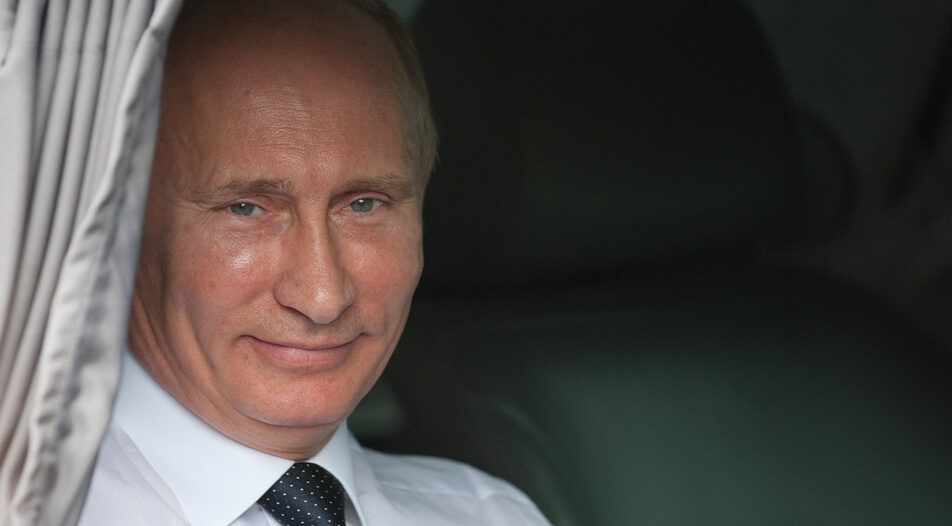The Winter Olympics: Looking at the Future of Financial Innovation and Cryptocurrency
After all, winter sports can draw the attention of young people across the globe. And, since the games coincide with a resurgence of COVID-19 as well as the Lunar New Year holiday break, it's certain that there will be a lot of watching and talking about the Olympics. Moreover, skiing has always had an aspect of social networking and is a kind of upscale, specialized tourism. Countries can take advantage of the opportunity to engage in remote, virtual experiential marketing through the competition and compelling footage of each nation’s players!
For example, South Korea is sending its highest legislative leader, the National Assembly speaker. This is a reflection of the fact that, since the financial crisis in 1997, South Korea has reinvented its image with many cultural innovations, which has enabled it to continue using unexpected and forward-looking strategies in its branding and concepts.
The newest hot topic, of course, are the technological innovations at the Winter Olympic venue and online broadcasting, such as the use and transmission security of 5G. Protecting the privacy of coaches’ tactics and players’ conditions and using e-wallets and digital currency are emerging as contentious topics in the news.
Interestingly, the Beijing Winter Olympics have yet to start, but network security is already booming! Yet, compared with recent risks in financial technology and trade, it pales in comparison. All last year, the god of electric cars, Elon Musk, and his involvement with Bitcoin caused real pain with seemingly never-ending problems.
Initially, at the beginning of last year, Musk announced that he would allow consumers to use bitcoin for their transactions. He also advocated strongly for value investment in cryptocurrency. Not only was he the first to disclose how many holdings he had, but he also invested his company’s cash holdings in bitcoin. However, in July, he suddenly canceled plans to accept payment in bitcoin!
During this back and forth, the value of Bitcoin easily doubled from $33,000 at the start of last year to $60,000, and then fell by half to $36,000, where it is today. Paul Krugman, winner of the 2008 Nobel Prize in Economic Sciences, wrote that he worries Americans’ investment in cryptocurrency might turn into a subprime lending crisis for the younger generation.
In his opinion piece in The New York Times, Krugman pointed out that while cryptocurrencies are volatile, they are not enough to threaten the financial system. What is worrying, however, is that once the value of products such as Bitcoin nears collapse, the people who are hurt are those who think they understand technology and finance but actually don’t know what they’re up against. Faced with this situation, this small group of people lacks the ability to cope with financial allocation and daily living.
According to a representative sampling of households taken last summer by NORC, a nonpartisan social research institution at the University of Chicago, approximately 63% of people made investment transactions directly; among them, about one-third had purchased cryptocurrency. Even more astonishing, two-thirds of the people who had made transactions with cryptocurrency had only begun to do so within the past six months. According to the report, people with education levels at or below high school and minorities and working-class people were particularly keen on cryptocurrency. Yet, financial institutions are less willing to work with this group of people.
In other words, cryptocurrency is a high-risk asset, and the charisma and influence of the whirlwind Musk creates unfortunately defies the imagination. Krugman’s worry is that virtual currency will become a new subprime lending crisis that will be detrimental within a certain population structure and on a political and economic basis.
At the end of last year in a meeting of Taiwan’s Legislative Yuan, Huang Tien-mu, chairman of the Financial Supervisory Commission, responded to the money laundering prevention system by businesses operating with virtual currency, indicating it would be regulated. Currently, 16 businesses are complying with money laundering prevention regulations. The banking bureau will also make inquiries with each bank to get a grasp on their plans for virtual currency ATMs on the streets of Taipei.
After watching players from all over the world compete in winter sports, people can discuss the 5G circular and panoramic visuals, viewing quality and novel consumer experiences, as well as the innovative technology at the Beijing Olympics, ATM withdrawals all across Taipei and Krugman's worries. The use and monitoring of technology must take into consideration risks to investors and users. Figuring out how to control platform competition is particularly important, as well as the speculation it might create.


